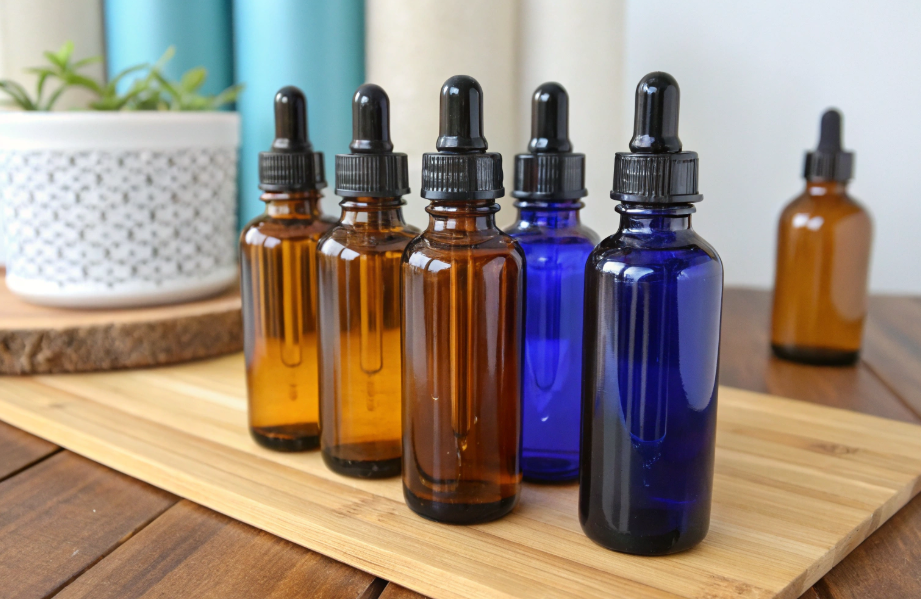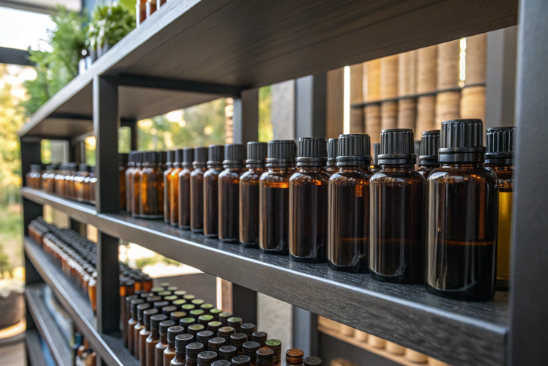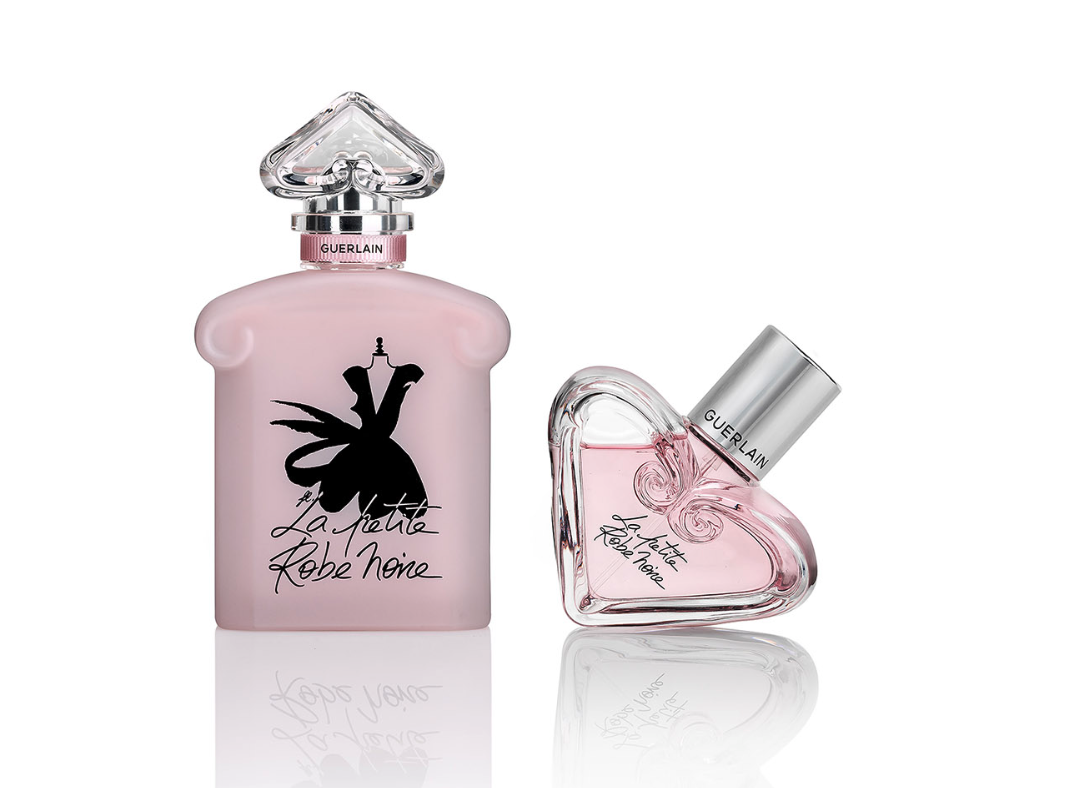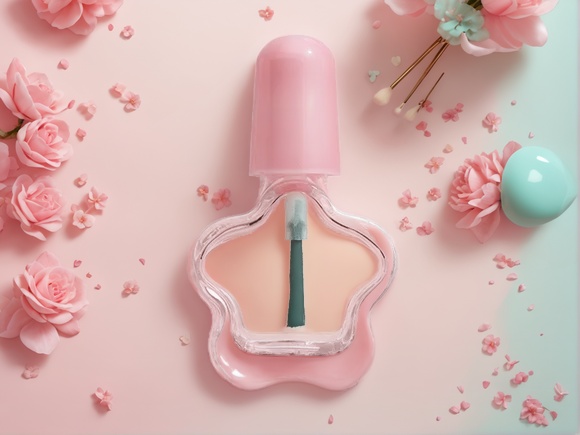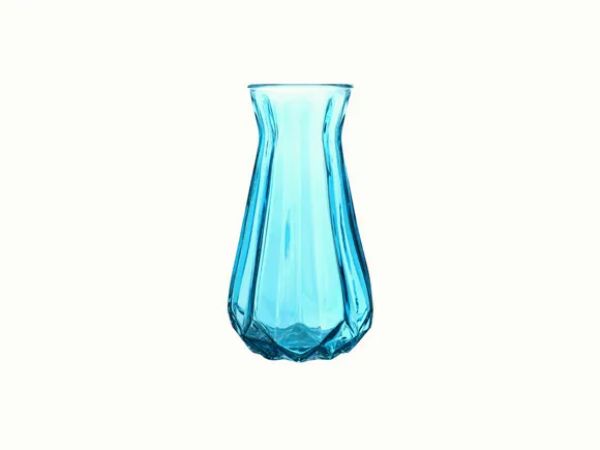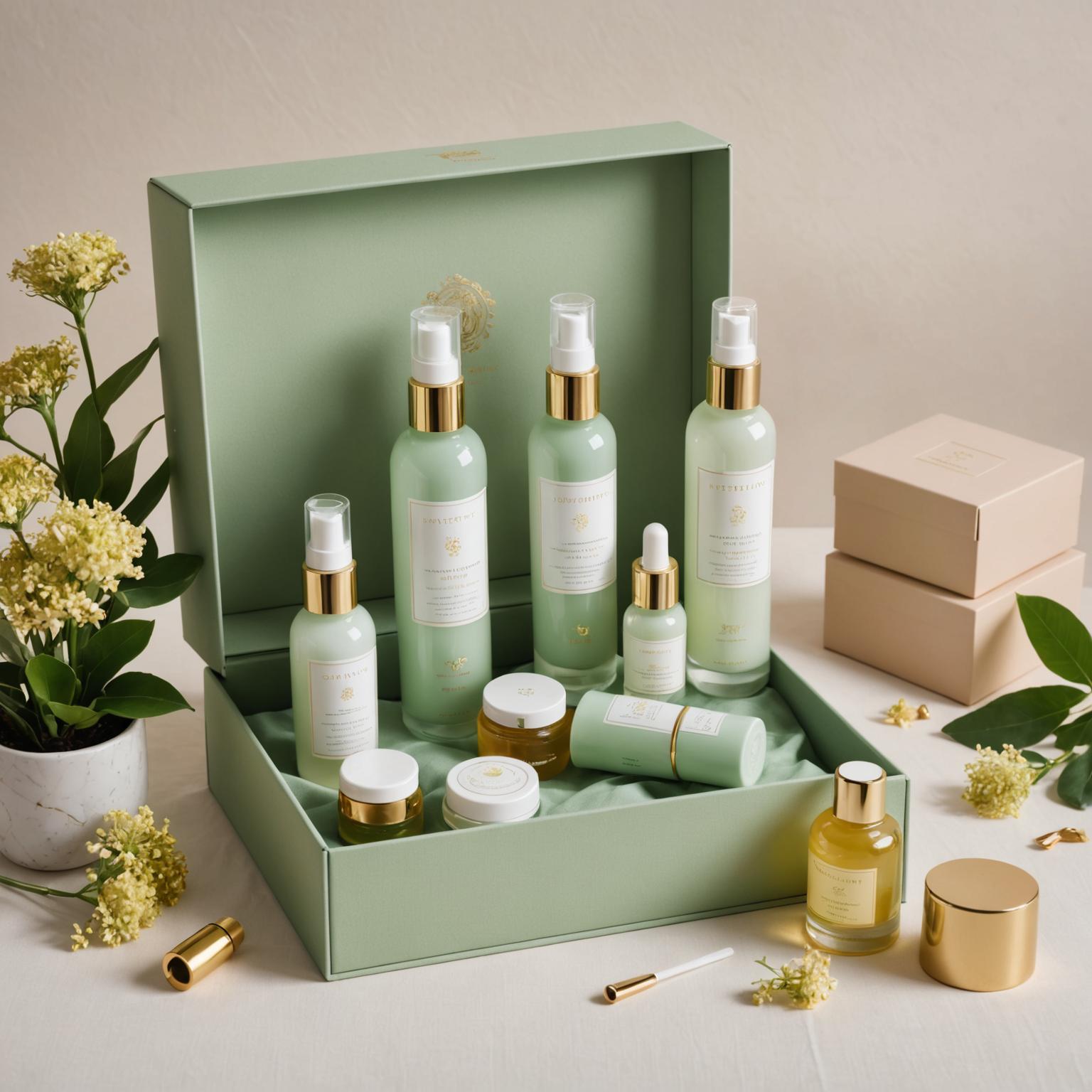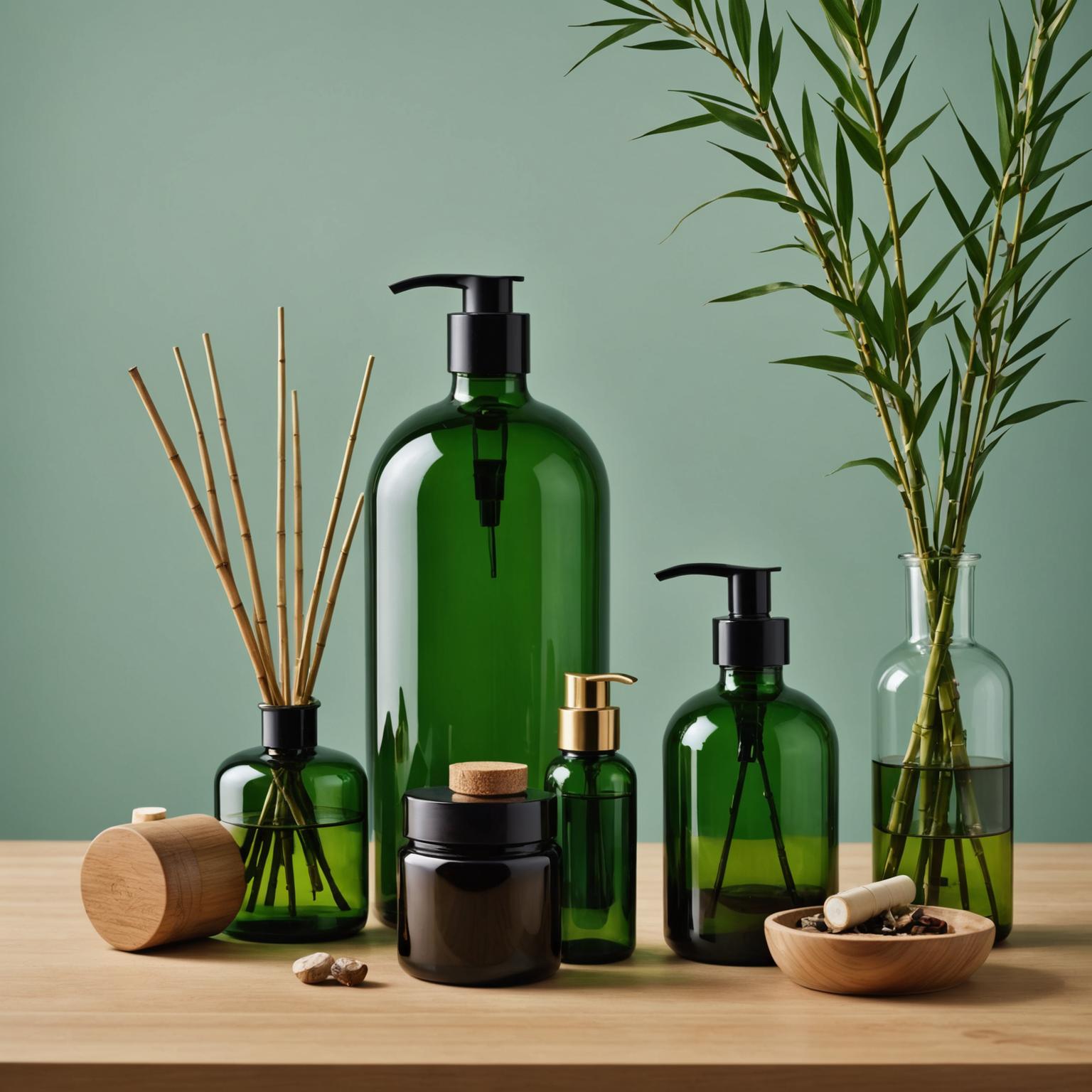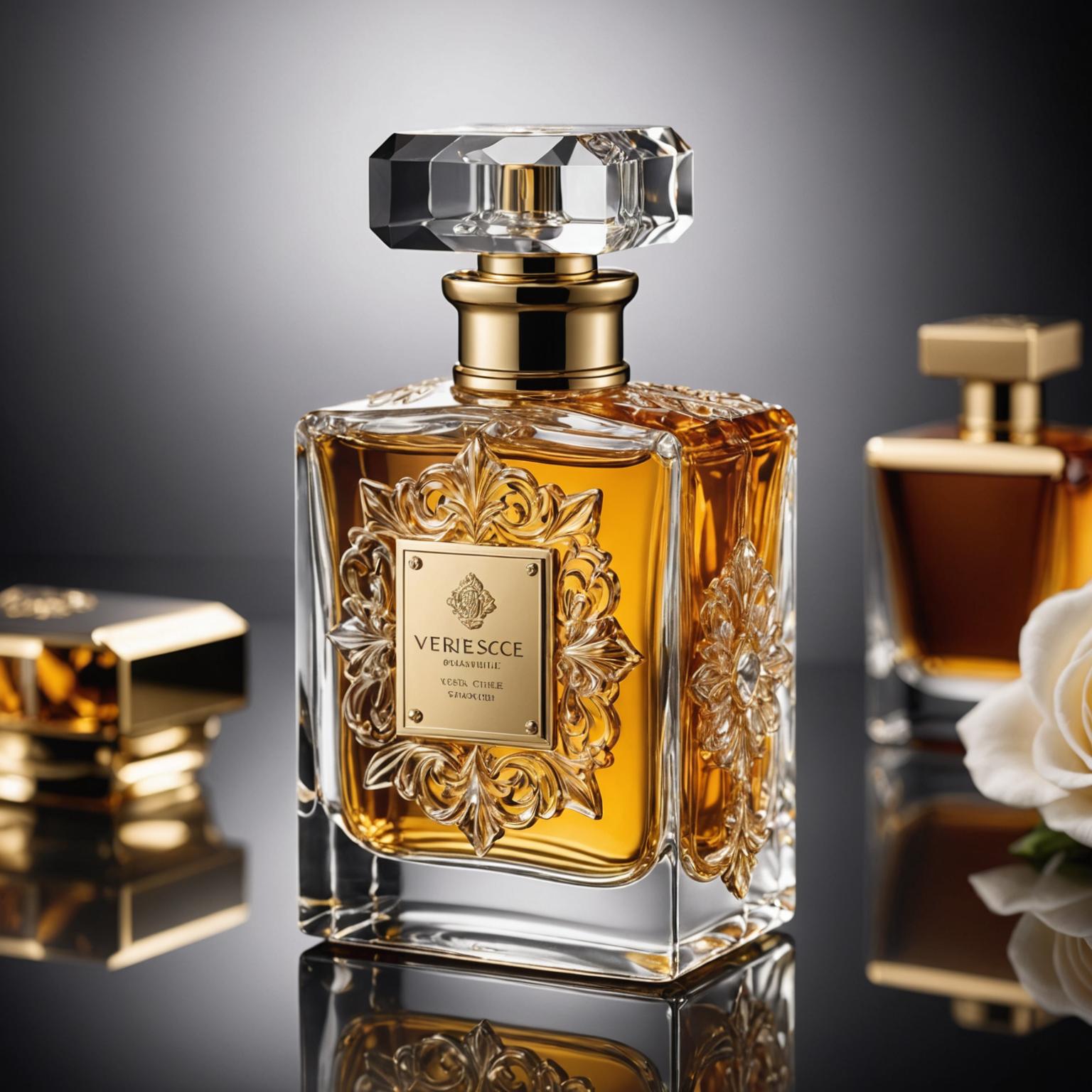Heat, light, and oxygen are the enemies of essential oils—but many users don’t realize their precious blends may already be degrading on the shelf.
Store essential oils in dark glass bottles, in a cool and dry place, tightly sealed, and away from sunlight to maintain their potency and shelf life.
If you're a beauty brand founder, aromatherapy seller, or bulk packaging buyer—this guide will help you protect product integrity from warehouse to retail shelf.
How should I store my essential oils?
You might be losing potency and shelf life without even knowing it.
Essential oils should be stored in airtight, dark glass bottles, away from heat and light, ideally in a cabinet or drawer with stable temperature.
Dive Deeper: Why storage conditions matter
Essential oils are volatile compounds, meaning they evaporate and oxidize easily. When exposed to air, they degrade—losing fragrance and therapeutic benefit. Light (especially UV) also triggers oxidation, while heat accelerates chemical breakdown.
The golden storage checklist:
| Factor | What to Do | Why |
|---|---|---|
| Light | Use amber/blue bottles | Blocks UV rays |
| Air | Seal tightly after every use | Prevents oxidation |
| Heat | Avoid direct sunlight/windows | Maintains molecular stability |
| Moisture | Store in dry place | Prevents bottle corrosion or label damage |
At PauPack, we offer amber essential oil bottles specifically designed to block UV exposure and extend shelf life. Our clients choose us not just for design, but for science-backed packaging solutions that protect what’s inside.
What is the 30 50 20 rule for essential oils?
Many professionals follow this rule to categorize how quickly oils degrade.
The 30-50-20 rule refers to oil shelf life: 30% of oils last around 1–2 years, 50% last 3–5 years, and 20% can last longer if stored properly.
Dive Deeper: Categorizing oil shelf lives
Understanding shelf life isn’t just good practice—it’s essential for brand claims, inventory management, and customer safety. Different oils have different lifespans, often tied to their chemical composition (like monoterpenes vs. sesquiterpenes).
Shelf Life Chart (Estimate with Proper Storage)
| Oil Type | Approx. Shelf Life | Notes |
|---|---|---|
| Citrus oils (e.g. Lemon, Orange) | 1–2 years | Highly reactive with air |
| Herbaceous oils (e.g. Lavender, Peppermint) | 3–4 years | Medium volatility |
| Resinous or woody oils (e.g. Sandalwood, Patchouli) | 5–8+ years | Stable compounds |
If you're a bulk buyer, request recent batch production dates from suppliers—and make sure packaging includes “best by” guidance. At PauPack, our labeling services include shelf life indicators tailored to essential oil types.
Should essential oils be kept in dark bottles?
There’s a reason why most essential oils don’t come in clear bottles.
Yes, essential oils should be stored in dark glass bottles (like amber or cobalt blue) to prevent UV exposure, which accelerates oxidation and spoilage.
Dive Deeper: The science behind dark glass
UV light damages essential oils at a molecular level, especially those with lighter compounds like limonene or pinene. Over time, this degrades scent, color, and therapeutic function.
Glass Color Comparison:
| Glass Type | UV Protection | Recommended Use |
|---|---|---|
| Amber | Excellent | Most essential oils |
| Cobalt Blue | Good | Aesthetic display + some protection |
| Clear | Poor | Only for display, not storage |
At PauPack, we supply amber glass bottles from 5ml to 100ml sizes—perfect for retail display, sampler sets, or aromatherapy kits. We also provide UV testing certificates on request to assure quality-conscious buyers.
Should you keep essential oils in the fridge?
The fridge seems like a good idea—but is it necessary?
Some essential oils benefit from refrigeration, especially citrus and top-note oils, but consistent cool storage is more important than extreme cold.
Dive Deeper: Fridge or not?
The key is stable, cool temperature—not necessarily refrigeration. While the fridge can help extend the life of certain oils, it may cause others (like thicker resins) to solidify.
Fridge Storage Guidelines:
| Oil Type | Refrigeration? | Why |
|---|---|---|
| Citrus Oils | Yes | Slows oxidation |
| Floral Oils | Optional | Stable, but can benefit from cool temps |
| Resins/Woods (e.g. Myrrh) | No | May solidify in fridge |
| Blends with Carrier Oils | Optional | Depends on blend stability |
If you store in a fridge, place oils in a sealed box to prevent scent contamination and moisture exposure. PauPack can customize multi-bottle storage kits with EVA foam lining and insulation features—ideal for shipping or long-term storage.
Conclusion
Essential oils are delicate—treating them with care means better results, longer shelf life, and happier customers. Smart storage starts with the right bottle.




